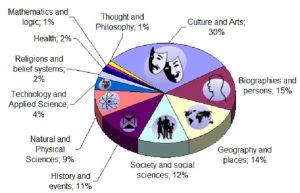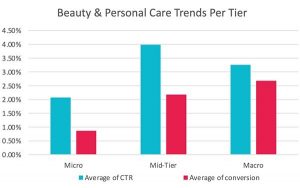Each year or every six months employees and managers meet for the regular performance appraisal to see how the employee is doing and how to improve. The basis of the system is to measure, evaluate, and improve employee performance. However, the basis is flawed and 76 percent employees said they don’t feel like they’re heard during these reviews. Even HR employees feel like they’re not an accurate appraiser of someone’s work.
So, where is performance management headed? Looking into the crystal ball we can see some things that managers and HR employees should be ready for.
Annual is dead
The annual performance review has been on life support for a while and it’s outlook isn’t too promising. Large national and international companies are continuing their mass exodus from the annual performance reviews and are focusing on more specialized one-on-one coaching. Around 10 percent of Fortune 500 companies have axed the annual performance review and are moving to more frequent, intimate conversations.
Skynet is coming alive
Well, not Skynet, but apps. Players like GE, Amazon, and IBM have all created apps for internal use that allow performance reviews to be given in real time. The apps allow managers to critique employees, employees to critique managers, and employees to critique each other. Deloitte created Snapshot which allows employees to schedule weekly check-ins with their boss. You can also request feedback after a project to instantly get feedback on ways to improve.
More followups
With the transition away from formal interviews, companies are moving towards more frequent follow-ups and feedback. Constant feedback helps build trust between you and your employees. That trust is crucial to a successful team and employee development. Having more follow-ups also allow you to critique as a project is being completed or prevent any crucial errors from happening.
Employees are more of a focus
For generations performance reviews have been focused on the process, but little attention was given to the outcome. Karyln Borysenko believes that the future of performance management is going to come down to the relationship between the manager and the employee. Borysenko said, “Really smart companies are going to understand it’s about managers developing real relationships with their team and empowering them every single week to see the progress they’re making and what’s possible in the future.”
Managers also will need to learn how to use the Pygmalion Effect to their advantage. This effect is often one of the more desired traits in a leader and can have huge impacts on your team. The Pygmalion Effect is essentially a self-fulling prophecy. If you believe an employee will do well on a project, they’ll do well. If you believe they’ll do poorly, then they’ll do poorly. People will live up (or down) to the expectations of their superiors. Focus on your employees, setting goals to make them grow, and expect them to succeed.
Business & Finance Articles on Business 2 Community(82)
Report Post




